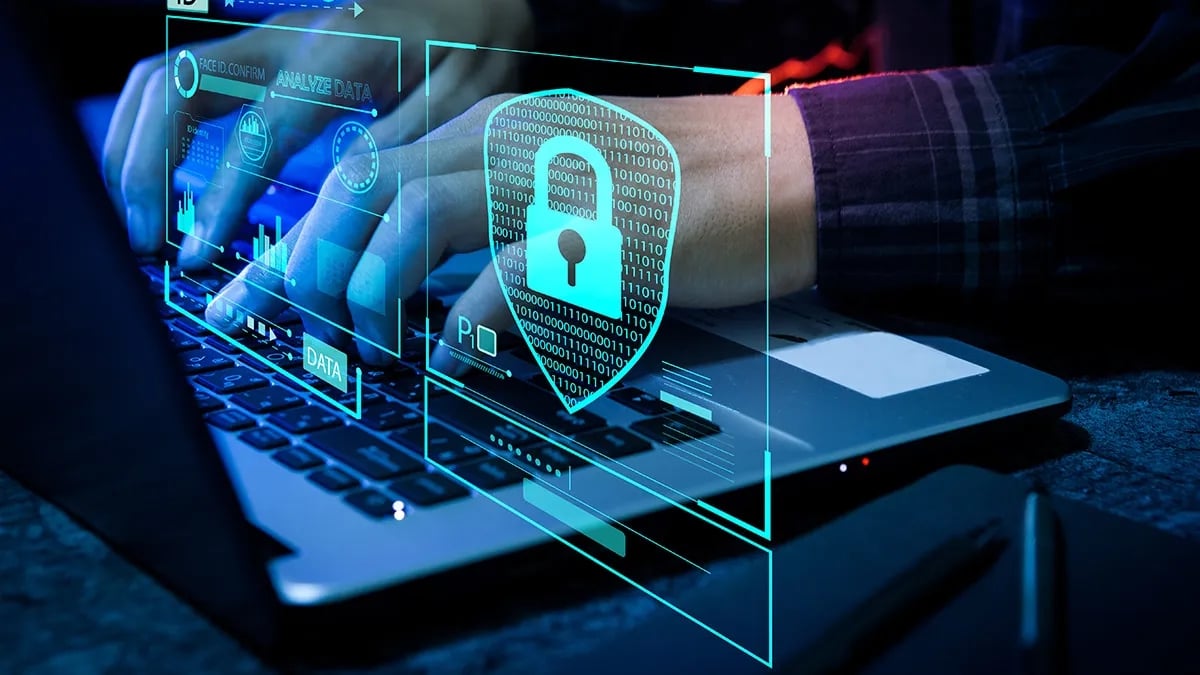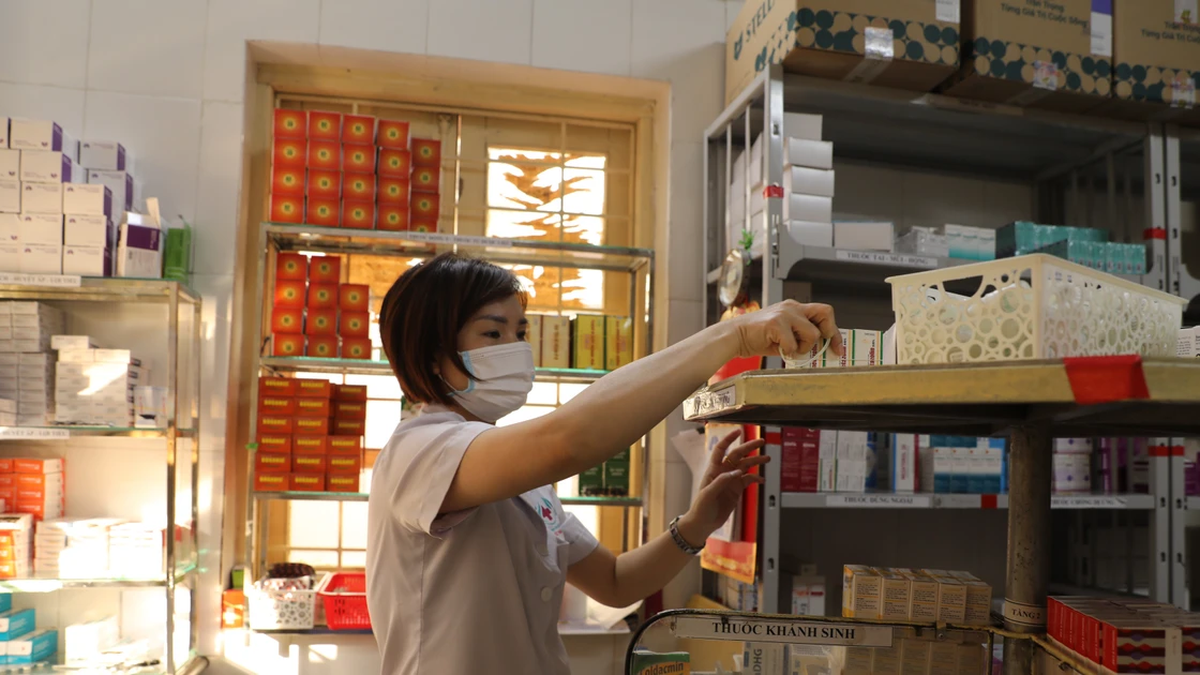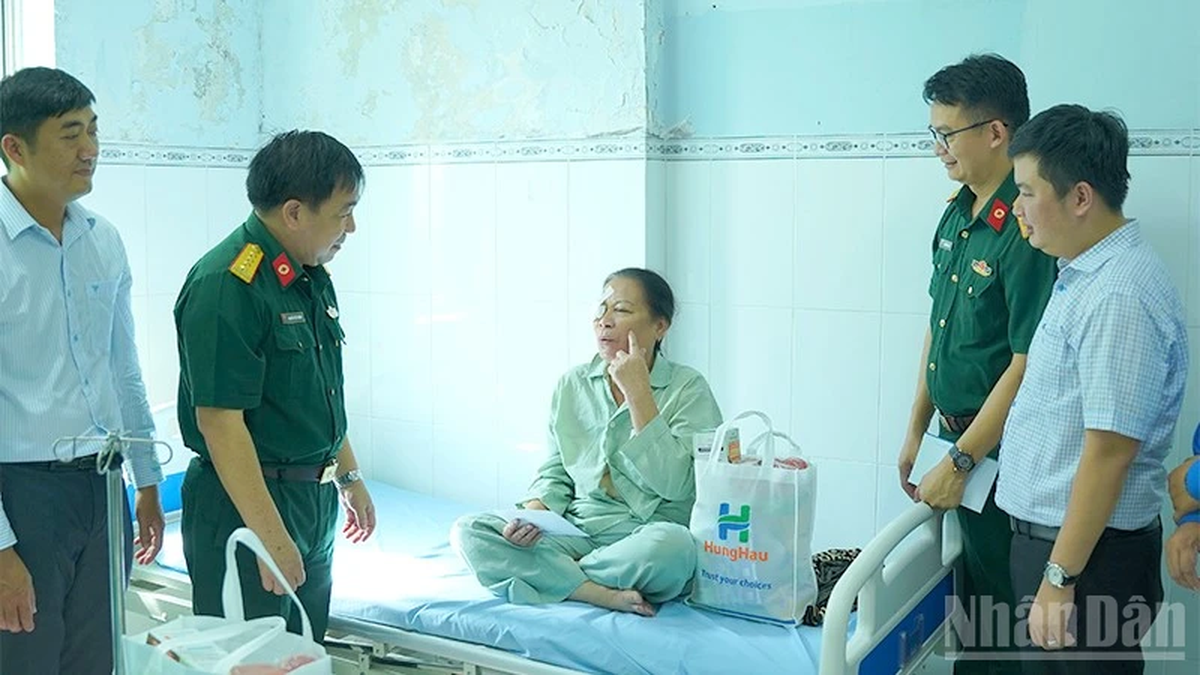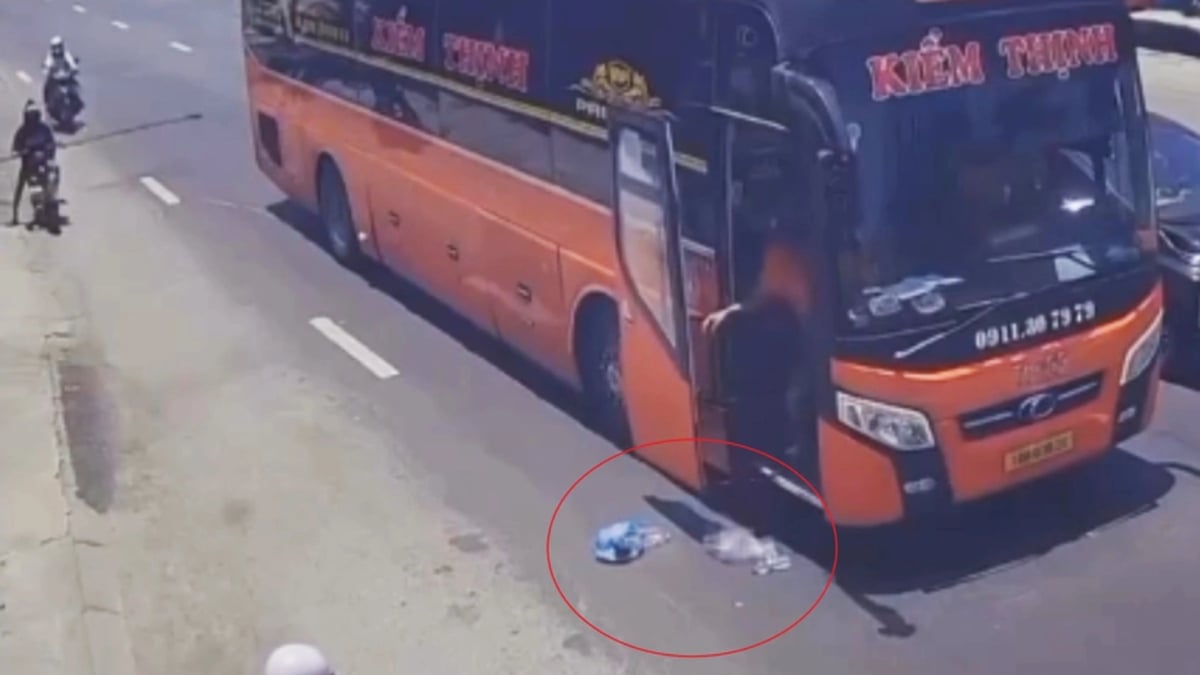Reality shows that many individuals blatantly violate and infringe upon the legitimate interests of organizations and individuals while Article 21 of the 2013 Constitution stipulates: "Everyone has the right to inviolability of private life, personal secrets and family secrets; has the right to protect his or her honor and reputation."
5 prohibited acts
Decree 13 on personal data protection has 4 chapters and 44 articles. This Decree not only regulates the protection of personal data domestically but also expands international cooperation to protect personal data.
Article 8 of Decree 13 stipulates five prohibited acts, including: Processing personal data contrary to the provisions of law on personal data protection; processing personal data to create information and data against the Socialist Republic of Vietnam; processing personal data to create information and data that affect national security, social order and safety, and the legitimate rights and interests of other organizations and individuals; obstructing personal data protection activities of competent authorities and taking advantage of personal data protection activities to violate the law.
Among the five prohibited acts mentioned above, it is worth noting that there is a provision on “processing personal data that affects national security, social order and safety, and the legitimate interests of organizations and individuals”. This provision is extremely necessary, even urgent, because in reality, many organizations and individuals openly, arbitrarily, and arbitrarily use data (images, sounds, writings, etc.) of others to serve their own purposes. The above-mentioned acts not only violate the provisions of Vietnamese law but also violate international law.
Article 17 of the International Covenant on Civil and Political Rights (ICCPR) provides as follows: No one shall be subjected to arbitrary or unlawful interference with his privacy, family, home or correspondence, nor to unlawful attacks on his honour and reputation. Everyone has the right to the protection of the law against such interference or attacks.
In order to implement the above provisions, each member state must comply with the basic principles in protecting human rights in its country. Currently, many countries have established laws on the right to privacy or personal secrets.
Article 38 of the 2015 Civil Code stipulates that “private life, personal secrets, and family secrets are inviolable and protected by law. The collection, storage, use, and disclosure of information related to private life and personal secrets must be agreed upon by that person; the collection, storage, use, and disclosure of information related to family secrets must be agreed upon by family members, unless otherwise provided by law.
Letters, telephones, telegrams, electronic databases and other forms of private information exchange between individuals are guaranteed to be safe and confidential... The parties to the contract must not disclose information about private life, personal secrets, family secrets...”.
Article 159 of the 2015 Penal Code stipulates: “Anyone who commits one of the following acts, has been disciplined or administratively sanctioned for this act but still commits the violation shall be subject to a warning, a fine of 20 million to 50 million VND or non-custodial reform for up to 3 years: Appropriating another person's letters, telegrams, telexes, faxes or other documents transmitted by postal or telecommunications networks in any form; Intentionally damaging, losing or intentionally obtaining information or content of another person's letters, telegrams, telexes, faxes or other documents…”.
Law on Electronic Transactions 2005, Clause 2, Article 46 stipulates: Agencies, organizations and individuals are not allowed to use, provide or disclose information about private secrets or information of other agencies, organizations and individuals that they have access to or control in electronic transactions without their consent, except in cases where the law provides otherwise.
Article 16 of the Law on Network Information Security stipulates the principles of protecting personal information online as follows: Individuals protect their own personal information and comply with the provisions of law on providing personal information when using online services...
Thus, although there is no separate law on privacy, Vietnam has issued many laws or sub-law documents to protect privacy and personal data.
Article 9 of Decree 13 stipulates the rights and obligations of data subjects, including: “the right to complain, denounce, and sue; the right to request compensation for damages. Data subjects have the right to request compensation for damages according to the provisions of law when there is a violation of regulations on the protection of their personal data, unless the parties have agreed otherwise or the law provides otherwise”.
Posting other people's photos on social media without permission can result in imprisonment
According to Article 32 of the 2015 Civil Code, the use of an individual's image must have that person's consent and the use of another person's image for commercial purposes must be compensated for the image, unless otherwise agreed by the parties.
Similarly, Article 38 of the 2015 Civil Code stipulates that private life and personal secrets are inviolable and protected by law. The use and disclosure of information related to private life and personal secrets must be with the consent of that person.
This means that posting photos of others without their consent or posting photos related to private life or personal secrets without their consent is a violation of the law and may result in administrative penalties or criminal prosecution.
Point e, Clause 3, Article 102 of Decree 15/2020/ND-CP stipulates a fine of VND 10 million to VND 20 million for acts of using information of other organizations and individuals without consent or for purposes other than those prescribed by law.
Those are administrative measures.
Regarding criminal matters, the act of posting another person's photo on social networks without that person's permission with the purpose of insulting that person's honor and dignity can be prosecuted for the crime of humiliating another person under Article 155 of the Penal Code.
Specifically as follows: “A person who seriously insults the dignity and honor of another person shall be subject to a warning, a fine of 10 million to 30 million VND, or non-custodial reform for up to 3 years.
In case of using computer networks or telecommunications networks, electronic means to commit crimes, the penalty is imprisonment from 3 months to 2 years. In addition, violators may be subject to additional sanctions such as being banned from holding positions, practicing a profession or doing certain jobs from 1 year to 5 years.
According to Article 592 of the 2015 Civil Code, the act of posting photos of others on social networks may require compensation for damages caused by infringement of the honor, dignity, and reputation of others, including: reasonable costs to limit and remedy the damage; actual lost or reduced income and other damages as prescribed by law.
In 2016, the French press reported that police in the Republic of France advised parents not to post photos of their children on social media because it risked “undermining the privacy and safety of children.” French law currently states that anyone who distributes images of others without their consent faces up to a year in prison and a fine of up to 45,000 euros. This rule also applies when parents post photos of their children online.
Clause 4, Article 2 of Decree 13 stipulates: “Sensitive personal data is personal data related to the privacy of individuals… including political views, religious views; health status and private life recorded in medical records, excluding information on blood type; information related to anthropometrics, physics, biology, sexual life, sexual orientation, racial origin, ethnic origin of individuals; data on crimes, criminal acts; customer information of credit institutions, foreign bank branches, payment intermediary service providers; data on individual location determined through positioning services…”.
Viet Dong
Source link



































































































Comment (0)